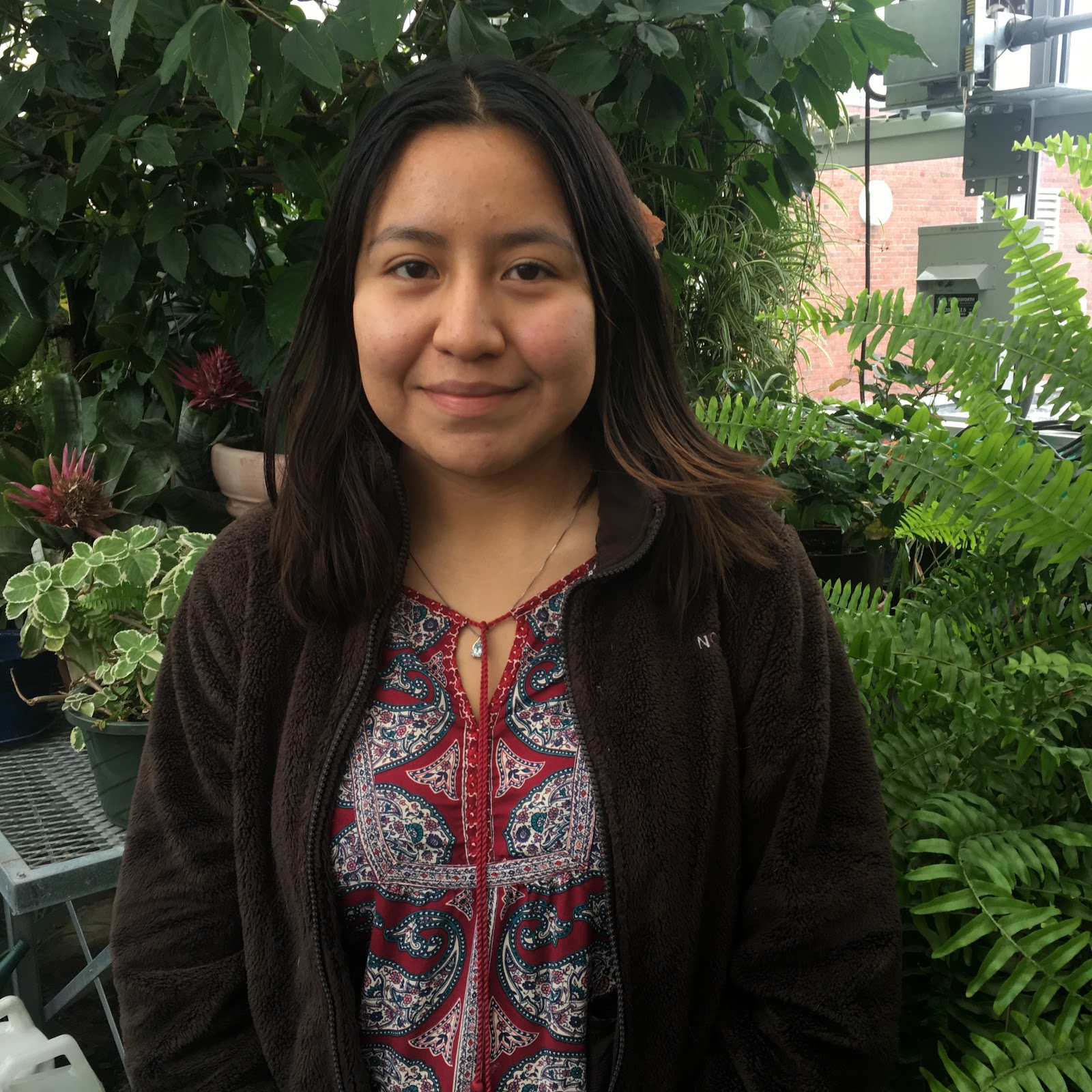In honor of Hispanic Heritage Month, Google hosted its third annual
Pay it Forward Challenge as a way to recognize students and professionals who are demonstrating a commitment to expanding access and opportunities to the Latinx community and beyond. We’re excited to share the work of our four winners!
Adan Gonzalez
Adan Gonzalez grew up in South Oak Cliff—a predominantly Mexican-American, low-income community in inner-city Dallas. Despite going to a school with high dropout and violence rates, Adan worked hard to prove to his parents that their sacrifices and hard work were worth it, and ultimately obtained a B.A. from Georgetown University and a M.Ed from Harvard.
In 2012, motivated by his family and by his community, Adan founded
Puede Network, which helps transform students into scholars, and scholars into community leaders. Their Higher Education on Wheels campaign connect parents, teachers, and students to resources such as scholarships and financial aid. Puede also holds conferences with C-Suite executives to provide comprehensive college services, volunteer opportunities, and mentorship to underprivileged students in Dallas public schools.
Since 2012, Puede Network has grown beyond community events and now engages more than 100,000 students and parents in 15 states through presentations, blogs, and radio shows.
How can you help?If you are interested in getting involved with Puede Network, you can express your interest
here.Brianna Silva
Brianna Silva is a proud Mexican-American and an active advocate for Hispanic students at her high school and within her community. During her freshman year she noticed that the ELL (English Language Learners) students in her class all sat in the back of the classroom, confused and forgotten.
In turn, Brianna began to meet with the school administration to address the issues affecting Hispanic students at her high school. As the president of the Minority Student Achievement Network at her school, she assists in planning student-teacher forums and continues to empower ELL and Hispanic students, speaking to her local civil rights committee about the unique obstacles that Latino scholars might face.
Recognizing the dire need for financial support for college, Brianna also founded The Hope Scholarship, a fund dedicated to financially assist low-income Hispanic students with their dream to attend college. Brianna hopes to continue working passionately to empower Latino students in college and beyond. Her next goal is to host a Hispanic Student Conference where students from all over the country can come together to address issues that Latino students might face.
How can you help?If anyone is interested in collaborating with Brianna or assisting her with her projects and goals, you can reach out via email at
[email protected].
Brittany Amano
Brittany Amano is a sophomore at Duke University and the founder of
The Future Isn’t Hungry. As someone who experienced food insecurity throughout her childhood, Brittany believes it is important to not think of hunger as something that only happens in developing countries—it might be happening in the town next to yours.
Many students rely on the free meals they receive when school is in session, but have to go home to an empty fridge on Friday night. The Future Isn’t Hungry provides healthy food bags to impoverished youth for their weekends. Every bag contains a weekend’s worth of food for 2 ½ people (containing fruits, vegetables, grains, and protein sources that can be too expensive for low-income families to afford), as well as healthy recipes using low-cost food items to help children learn how to prepare wholesome, balanced meals.
The idea for The Future Isn’t Hungry began when Brittany hosted her first food drive as a fourth grader. Since then, the initiative has been able to provide over 770,000 meals and raise over $4.6 million worth in food.
How can you help?Get involved! Get some friends together to join the fight against childhood food insecurity — start your own healthy food bag initiative and use the #FutureisntHungry hashtag to share your work.
Brittany encourages you to submit your own big idea to
LEAD360!
Katiuska Pimentel
Katiuska Pimentel migrated to the United States at a young age and struggled with economic and social stability, as her undocumented status made finding a job difficult. Despite the hardships she faced, her family taught her that education is a tool to achieve opportunities and social change. Since high school, Katiuska has been an active leader for the immigrant community. She supported state and local pro-immigrant policies and she advocated to expand the access of undocumented students to higher education. She also worked on the #health4all movement — expanding health rights to undocumented minors.
Katiuska is currently a community organizer at SIREN (Services, Immigrant Rights and Education Network), where she works closely with community members on immigration advocacy and reform. She delivers "Know your rights" presentations, teaching community members how to execute their constitutional rights if they are in contact with immigration authorities.
As someone who has experienced major injustices, Katiuska wants to fight for the rights of the many people who, like her, come from underserved backgrounds. In the future, she hopes to continue advocating for undocumented, underserved communities as an immigration lawyer.
How can you help?Katiuska would appreciate
donations to SIREN, so that the organization can expand its deportation defense services.
Thanks to all our winners! Keep up with us on social to hear more about our initiatives.



